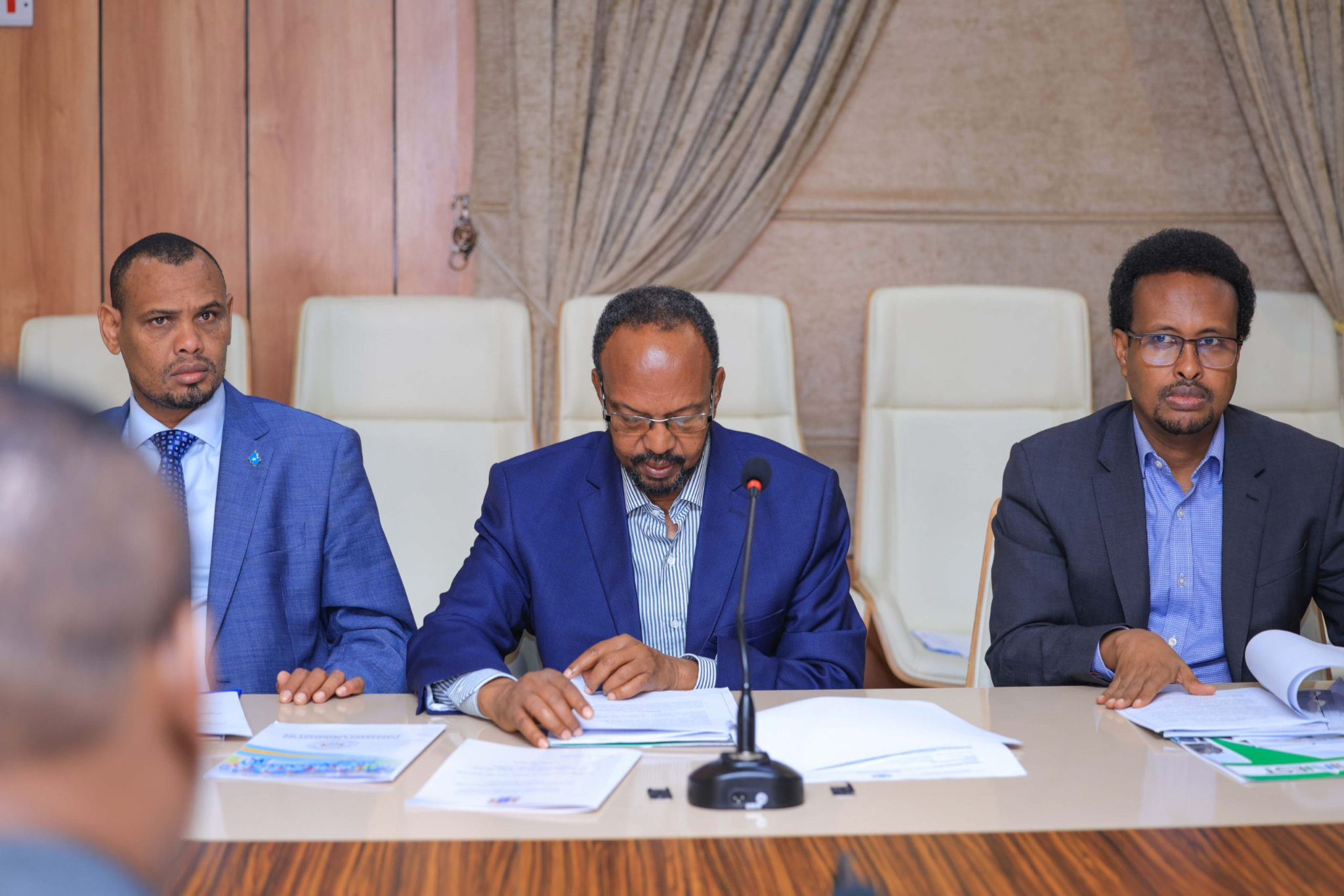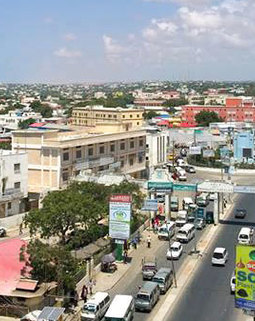In response to safety concerns and broader national security implications, the Somali Federal Government has issued a resolution to reform auto-rickshaw operations in the capital. This comprehensive overhaul, guided by recommendations from a Special Committee, aims to regulate the public transport system and ensure the safety of both operators and citizens.
Ban on Importation: A Temporary Halt to Address Concerns
Effective 1st April 2023, the resolution suspends importing auto rickshaws and motorcycles, including those used for transporting goods. This ban extends across all ports of entry in Somalia, signaling a temporary measure to address safety concerns and evaluate the impact of these vehicles on national security.
Enhancing Accountability and Identification
From 1st to 30th April 2023, the registration of all auto-rickshaw vehicles currently operating within the capital city will undergo a thorough review. Reviewing and marking these vehicles per traffic identification rules is entrusted to the Banaadir Regional Administration. This step aims to enhance accountability and identification, ensuring a more transparent and regulated public transport system.
Fostering Responsible Driving Practices
One of the key resolutions involves restricting the issuance of Public Services Vehicles (PSV) driving licenses to individuals under the age of 18 years. This measure is designed to promote responsible driving practices, recognizing the potential risks associated with younger individuals operating public transport vehicles.
Number Plate Suspension: A Further Step Towards Regulation
Starting from 1st May 2023, the resolution extends to the suspension of the issuance of number plates for auto rickshaw variants and motorcycles. This additional measure aims further to regulate the identification and tracking of these vehicles, contributing to a more organized and secure public transport system.
Implementation Mandate
The Ministry of Transport, the Banaadir Regional Administration, and relevant law enforcement agencies are tasked with implementing the guidelines outlined in the resolution. This collaborative effort emphasizes the need for a coordinated approach to ensure the effective execution of the reforms and the enforcement of the new regulations.
Conclusion
As Somalia embarks on this comprehensive reform of auto rickshaw operations, the overarching goal is to safeguard the well-being of citizens and address potential security concerns. By temporarily halting imports, conducting a thorough review of existing vehicles, enforcing age restrictions for PSV licenses, and suspending the issuance of number plates, the government aims to instill a sense of accountability and regulation in the public transport system. The success of these measures hinges on the collaborative efforts of relevant authorities and the commitment to fostering a safer and more secure environment for all citizens.





